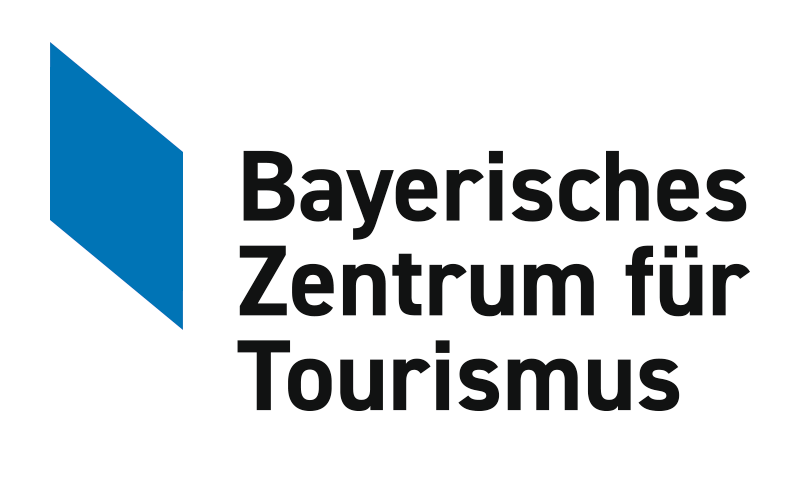
COVID-19 as a paradigm shift? Insights from the degrowth debate in tourism
For years, Barcelona has been a city torn between economic success in tourism through increasing numbers of tourists and protest against the rising pressure on the city due to tourism. Resistance to the increasing social and ecological pressure exerted by intensive tourism in the city grew especially in the last ten years prior to the COVID- 19 pandemic, and voices emerged that actively demanded a degrowth transition of the tourism sector. This paper studies the influence of the COVID-19 pandemic on the quest for a sustainable degrowth transformation of Barcelona’s tourism model. In this regard, the central developments in Barcelona’s tourism sector since the start of the COVID-19 pandemic are analyzed and the implications of these developments for the degrowth movement in the city are outlined. Within the context of the qualitative content analysis, the different social and economic perspectives of the degrowth debate in tourism in Barcelona are contrasted and classified. The central research results outline that the measures taken so far for a more sustainable tourism since the start of the COVID-19 pandemic are mainly of a technical nature and do not have systemic-transformative components. Accordingly, there are reasons to believe that a return to the growth-oriented tourism model is prioritized, and so far, no indications point to the initiation of a degrowth transition.
